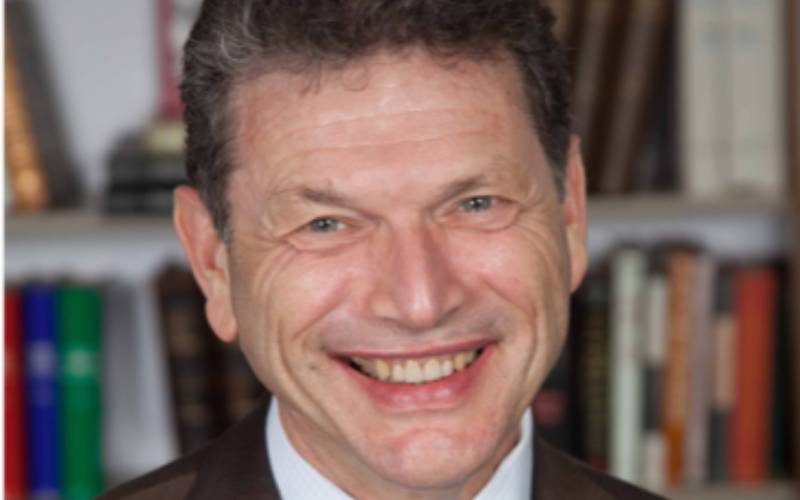“We know as analysts there’s a long literature on mourning and its connection to creativity from the time of Freud’s work to George Pollock’s work and others – but that’s too intellectual; let me make it more personal, and then I’ll talk about Freud and Maimonides. My father and my mother lost a combination of 10 siblings and a granddaughter murdered by the Nazis, plus their parents and aunts and uncles. I’ve heard stories about their siblings and I think: ‘Look what they would have done, what they would have created not just families but ideas’, and I realized in my analysis that for years I have been trying to make up, by writing books, what would have been done by the aunts, uncles, and cousins that I never knew because they were murdered. So creativity can have a reparative, never enough perhaps, but a reparative quality.”

Nathan Szajnberg, MD
Palo Alto
Episode Description:
I introduce the topic of the not fully acknowledged role of religion in the lives of analysts and analysands, which will be explored in future conversations. Nathan begins by sharing his personal connection with his religion, which he feels does not involve a belief in a God. He describes how his relation to his Judaism, like his essence as an analyst, entails an attunement to an inner life, a commitment to proper behavior, and a search for hidden meanings. He describes his family of origin and their almost complete annihilation in the Holocaust. We discuss the similarities he feels exists between Maimonides and Freud, the importance of mourning in their creative processes, and the great attention to ‘the word’ that both worldviews exhibit. We also take up whether ‘belief’ is an appropriate term to characterize one’s psychoanalytic clinical work. We close with his sharing clinical examples where religion played an important role in the treatment.
LinkedIn Episode:
https://harveyschwartzmd.com/2021/04/23/ep-6-how-to-raise-loving-and-creative-30-year-old/Our Guest:
Nathan Szajnberg, MD, is Retired Freud Professor, the Hebrew University and former Wallerstein Research Fellow in Psychoanalysis. Born in Germany, he attended the University of Chicago College and Medical School. His most recent books are Psychic Mimesis from Bible and Homer to the Present (Lexington) and The Secret Symmetry of Maimonides and Freud (Routledge). His third novel is A Windmill, A Knight, A Jerusalem.
Recommended Readings:
1. Freud, Future of an Illusion (1928) Hogarth Press.
2. Meissner, W. W. (1985) Psychoanalysis: The Dilemma of Science and Humanism. Psychoanalytic Inquiry 5:471-498
3.Szajnberg, N. (2019) Jacob and Joseph, Judaism’s Architects and Birth of the Ego Ideal. Cambridge Scholars Publishing
4. Wallerstein, R. S. (1998) Erikson’s Concept of Ego Identity Reconsidered. Journal of the American Psychoanalytic Association 46:229-247
5. Wallerstein, R. S. (2000) The Analysis of the Hysterical Patient: Limitations?. Forty-Two Lives in Treatment: A Study of Psychoanalysis and Psychotherapy 56:293-321
6. Wallerstein, R. S. (2014) Erik Erikson and His Problematic Identity. Journal of the American Psychoanalytic Association 62:657-675

This is the perfect website for anybody who wishes to understand this topic. You understand a whole lot its almost tough to argue with you (not that I actually would want toÖHaHa). You certainly put a fresh spin on a subject that has been discussed for decades. Great stuff, just wonderful!